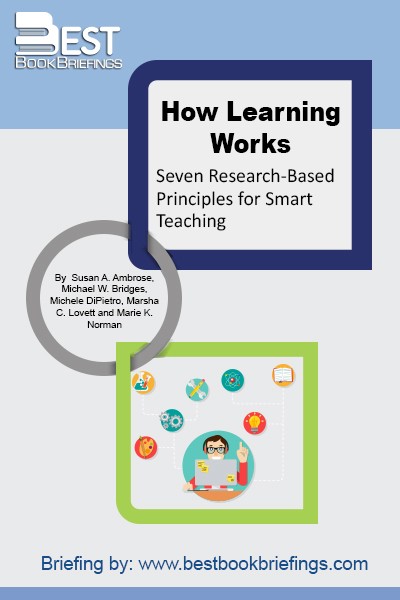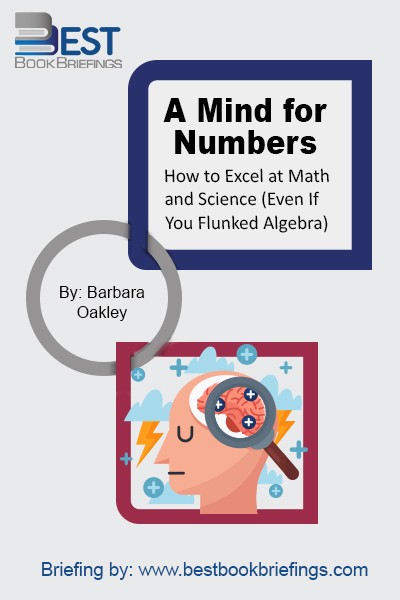A Mind for Numbers
How to Excel at Math and Science (Even If You Flunked Algebra)
Editorial Review
In this book, you may be surprised to learn that the brain is designed to do extraordinary mental calculations. We do it every time we catch a ball, or maneuver our car around a pothole in the road. We often do complex calculations, solve complex equations unconsciously, unaware that we sometimes know the solution as we slowly work toward it. In fact, we all have a natural feel and flair for math and science. We just need to master the lingo and the culture.
Book Reviews
Books on Related Topics

Any conversation about effective teaching must begin with a consideration of how students learn. Yet instructors who want to investigate the mechanisms and conditions that promote student learning may find themselves caught between two kinds of resources: Research articles with technical discussions of learning, or books and Web sites with concrete

The first step in teaching students to innovate is making sure that educators have opportunities to be innovators themselves. Although some teachers attempt this hard work alone, the culture of a school or district can set the stage for innovation to flourish or flounder. The right conditions include a shared vision

Globalization poses challenges for everyone. Every education system in the world struggles to some degree to keep up with the rapid pace of change. And countries face many similar challenges. For example, widespread internal and international migration have created more heterogeneous societies everywhere, placing new demands on educators as they respond



